Why I'm still gaming: A defense of the Xbox Series S
I'd hardly play anything without my Xbox Series S and Steam Deck.
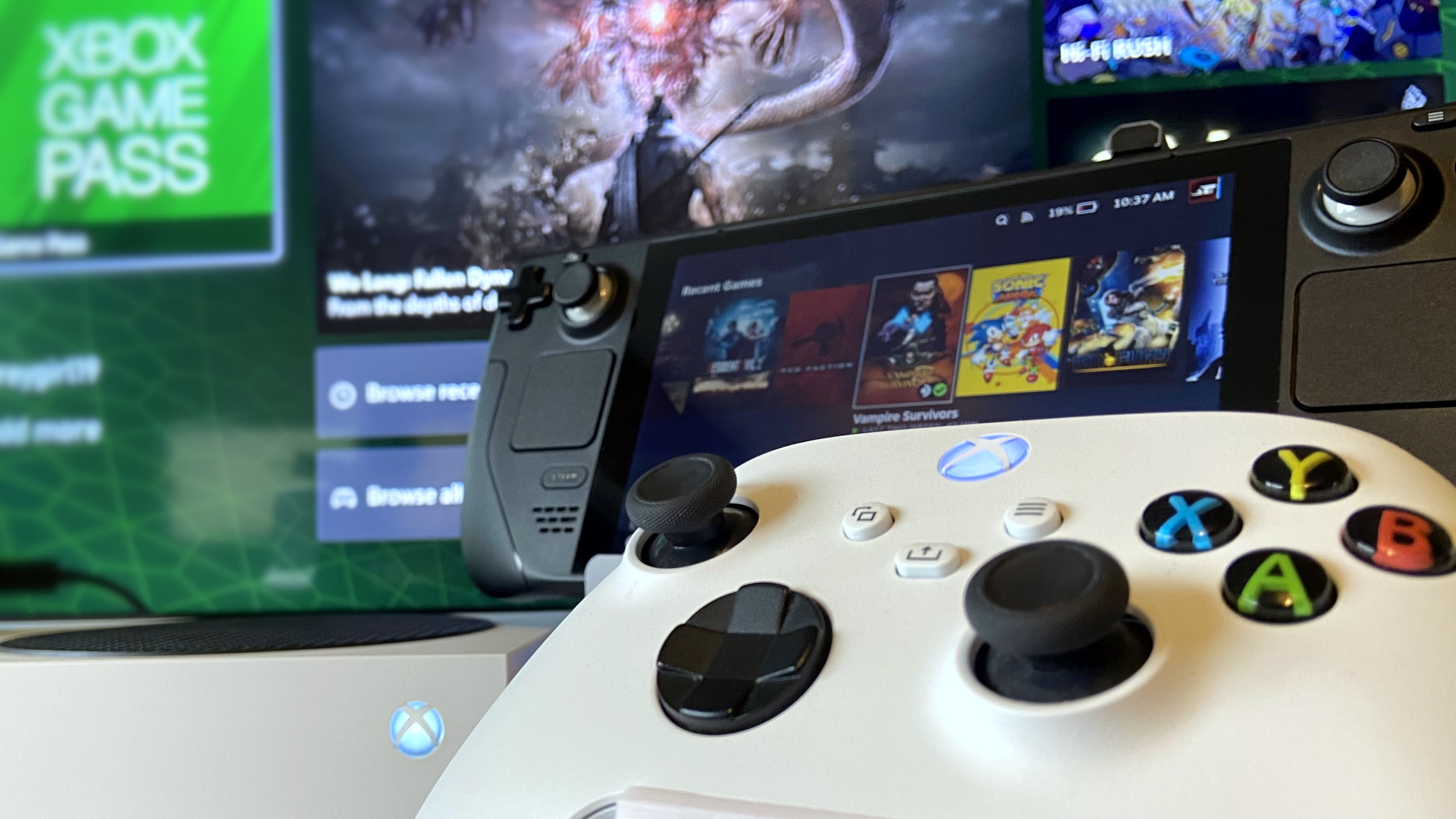
Introduced as a scaled-back sibling of the Xbox Series X, budget-conscious gamers were offered the Xbox Series S as an affordable entry into Microsoft's current console generation, piquing my interest from its announcement. I don't own any particularly extravagant televisions or monitors, aiming to stay in the QHD (1440p) range to enjoy a balance of enhanced visuals and smooth performance.
The tiny white console might resemble a smart household speaker or even a toaster. Still, its ultra-compact form factor and the omittance of a disc drive make it a portable beauty with no danger of scratched discs from standing upright.
I have access to a massive variety of downloadable games via an Xbox Game Pass subscription anyway, with plenty of day-one releases, so this friendly console should fit happily into the gaming ecosystem. So what's the deal with this recent hate appearing on social media for my favorite little gaming box?
Is this plucky console holding gaming back?
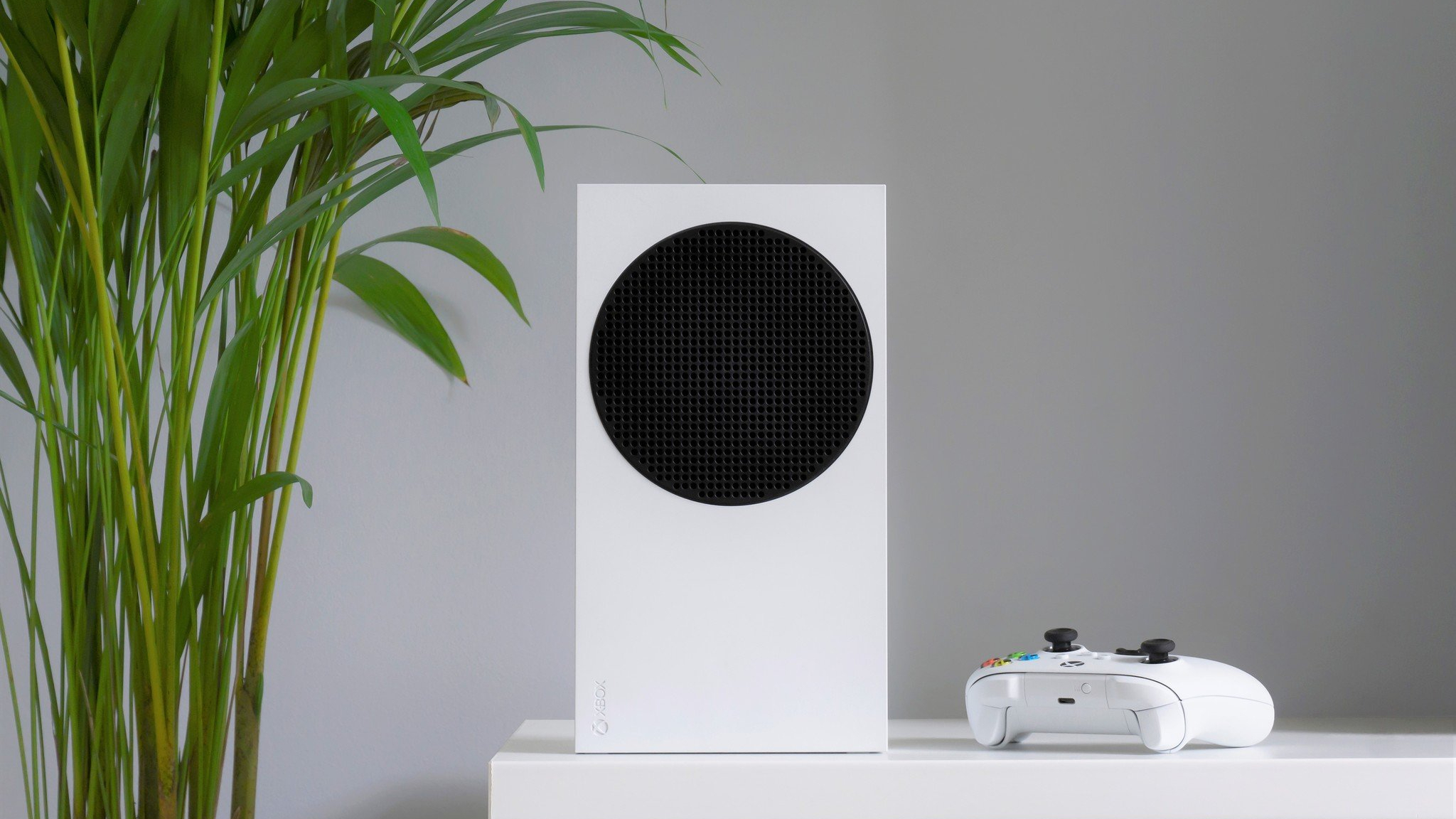
Microsoft targets resolutions around 1080p on the Xbox Series S for most games, prioritizing a stable framerate instead. After all, that's the point of the cheaper model, to give players access to the same games with trade-offs in visual fidelity. Not every title is perfect at launch, but I've since spent hundreds of hours in Cyberpunk 2077, playing with a mouse and keyboard connected via USB, and it's a smooth experience with no input latency.
A recent controversial delay to the Xbox version of Baldur's Gate 3, a follow-up to the legendary RPG series from the late 1990s, had developer Larian Studios highlighting split-screen co-op issues encountered exclusively on the Xbox platform. The Xbox Series S was never explicitly named, but that didn't stop social media audiences from pouncing on what many consider the weakest link in this current console generation.
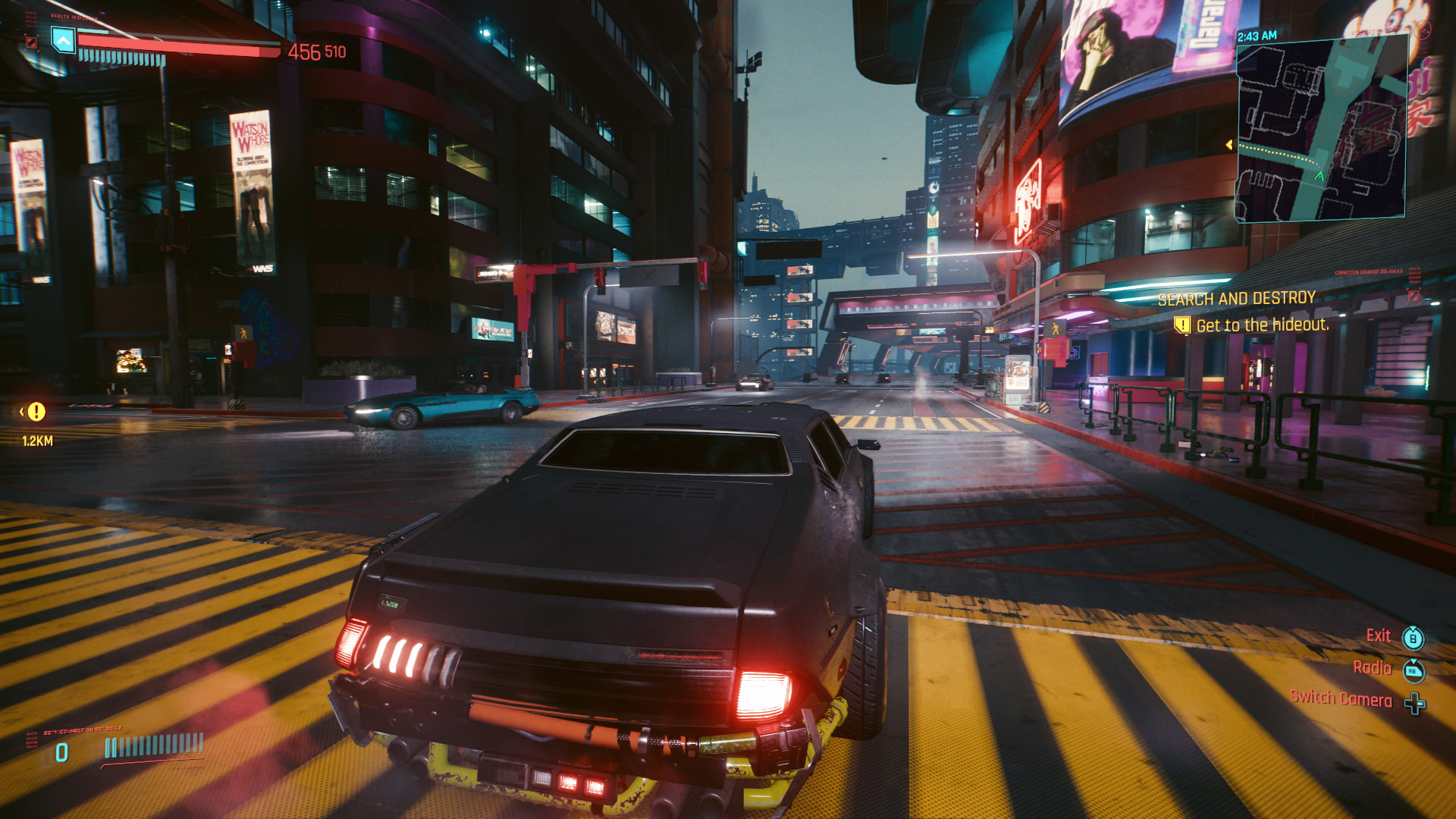
It's easy to jump on the bandwagon, but I don't buy into this recent hate. There's a more realistic argument that developers still targeting previous-generation consoles might be stretching the lower limits of modern game engines, a potential reason for Hogwarts Legacy's delayed development for the Xbox One. Still, many developers regularly surprise me by natively running complex games like The Witcher 3 on the Nintendo Switch, with far lighter hardware than my Xbox.
To be clear, I'm not trying to shame anyone still using their older consoles. However, picking up an Xbox Series S with a trade-in discount by handing over retired consoles isn't an unrealistic prospect and would bag you a significant jump in performance.
Get the Windows Central Newsletter
All the latest news, reviews, and guides for Windows and Xbox diehards.
Games feel closer to their PC counterparts these days, and playing on Xbox practically offers you two typical graphic presets between the Series X|S: medium or high/ultra. If you're realistic about your expectations, our Xbox Series S review proved it a brilliant option for keeping up with the latest games.
Anything released for all platforms will personally be an Xbox purchase if it hasn't already joined the vast list of titles on Game Pass, but that doesn't mean I have to miss out on PC exclusives. I have another device featuring a similar mixture of modest hardware and incredible performance which still has access to the Xbox ecosystem.
Steam Deck & Xbox: Best friends forever
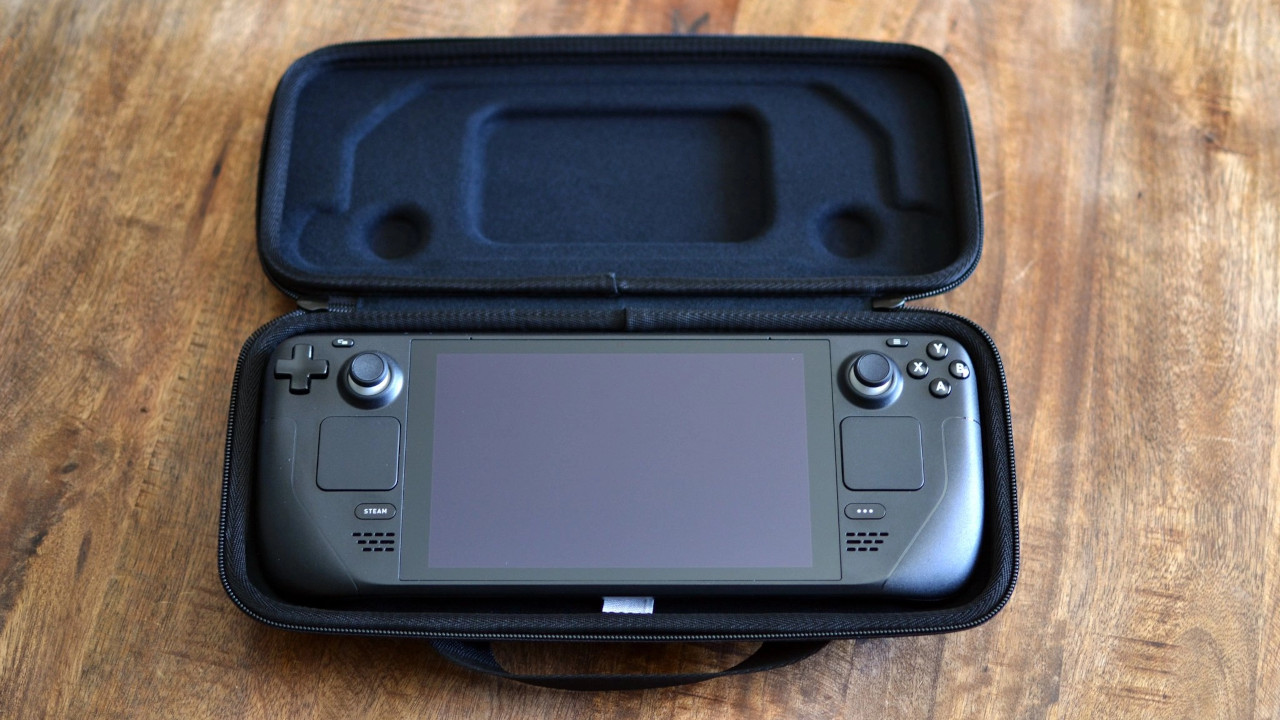
Since we just passed the first anniversary of Valve's handheld Steam Deck, released in February 2022, it feels just as relevant as the Xbox Series S since it remains part of my almost-daily gaming routine. I sit at the same desk as my personal PC for my working day, including writing this very article, so staying in the same room for an evening of gaming isn't always so appealing.
I see similar criticisms thrown toward the Steam Deck, too. Social media platforms saw a trend of claims that Valve's hardware was already underpowered at launch and only ages by the day. Still, this portable machine handles practically everything I throw at it; titles not officially verified for the Steam Deck and even non-Steam games can be installed with a few simple steps.
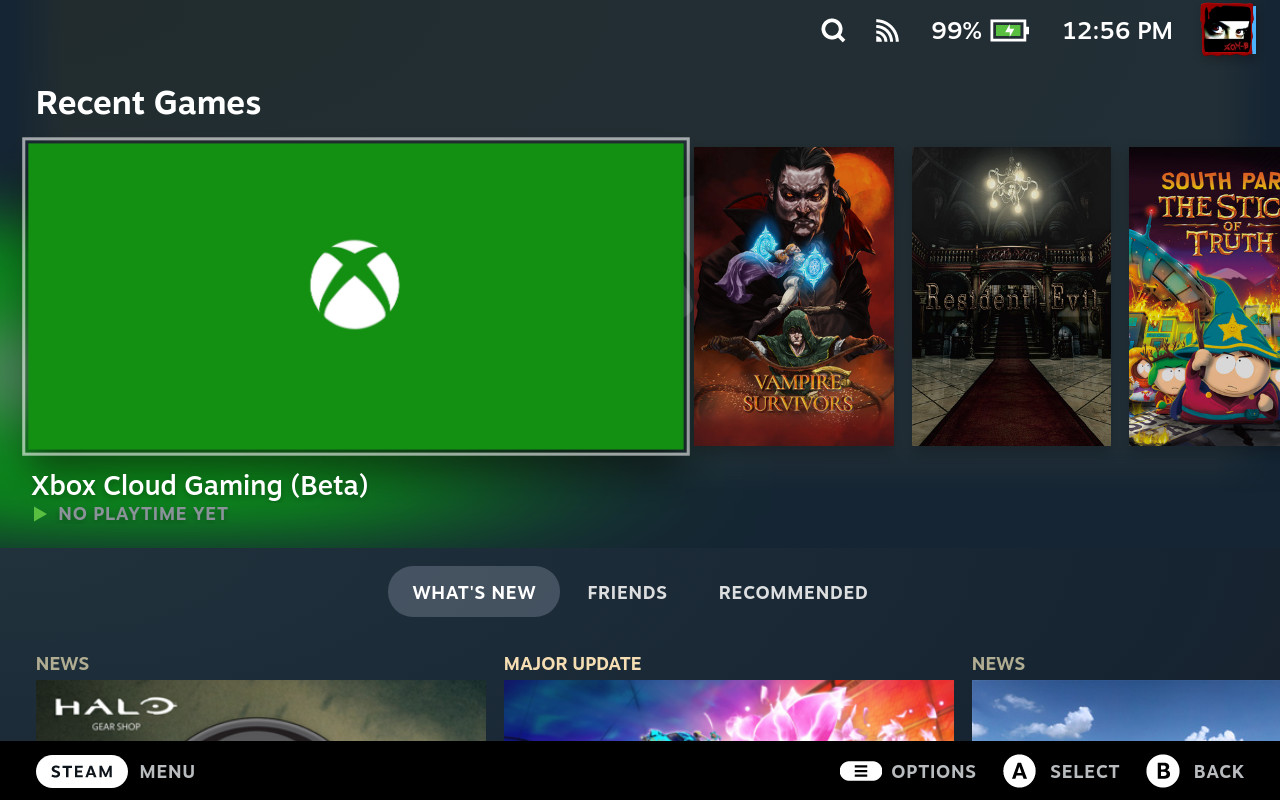
The potential for tinkering behind the scenes on a Steam Deck is massive, thanks to its straightforward Linux-based operating system allowing users to poke around and run almost any standard desktop app. Thanks to community efforts and even direct involvement from developers, getting services such as Xbox Cloud Gaming running on the handheld barely takes any effort, launching with customizable controller support.
It's hard to complain when two affordable devices give me more freedom to play whatever I want, wherever I want.
Plus, whatever games I started playing on my Xbox Series S via Game Pass will have my save data in the cloud, ready to pick up with the Steam Deck. Alternatively, I could leave the Xbox connected and use remote play if I find the patience to get more involved with custom-made Linux apps.
Both machines give me access to a gigantic, almost limitless library thanks to custom game installations on Steam Deck and UWP apps on Xbox, including the Xenia emulator for playing Xbox 360 backups. It's hard to complain when two affordable devices give me more freedom to play whatever I want, wherever I want, for a combined price that's often cheaper than a custom-made gaming PC with high-performance parts.
Mortgages for components
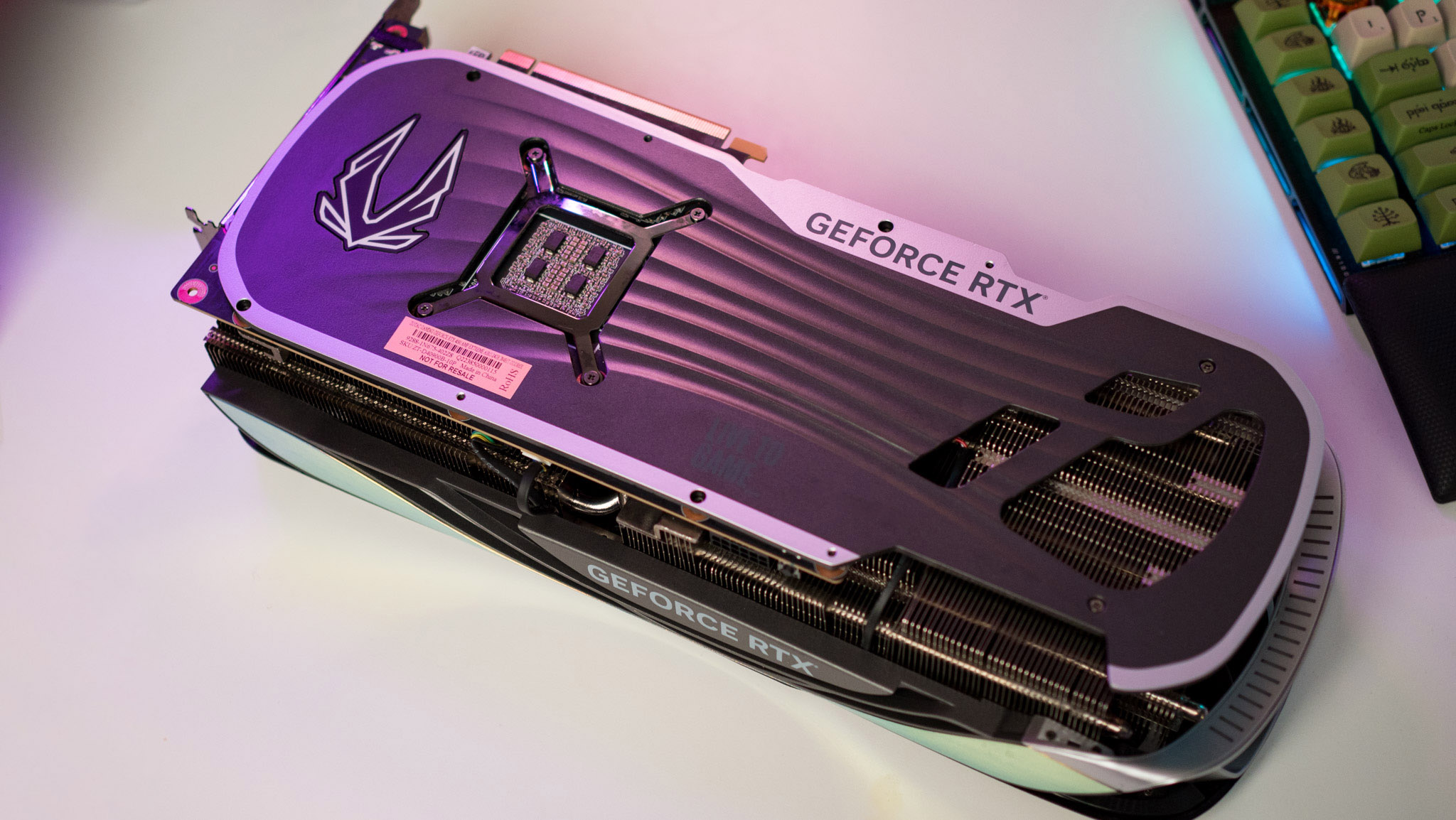
Even when I've saved some pocket money, dropping over a thousand big ones on a single PC component never feels good. Not that I'll ever give up my full-sized gaming desktop; some games are extra special, and I'll probably upgrade my rig just before Starfield hits to sink an unhealthy amount of hours into that universe. Still, if some people can pick up an Xbox Series X for $500 and enjoy 4K gaming compared to spending potentially double for a graphics card, I doubt it'll be a difficult choice.
Not to imply that the only PC parts out there are the most expensive; you could certainly save cash with something more realistic. However, you'll need a capable power supply to back up a high-end GPU. Oh, and a matching CPU if you don't want a bottleneck. Some appropriate RAM will help, too, alongside a solid-state drive with plenty of space if you don't want to wait around for loading screens.
It doesn't take long before your shopping cart full of components reaches wallet-smashing, soul-destroying heights when you can skip the whole effort and play some of the best Xbox games instead.
Console and PC players aren't supposed to be enemies either way, but I'll defend the Xbox Series S until the cows come home. It's simply too convenient and hasn't caused any upsets since the day I brought it home.

Ben is a Senior Editor at Windows Central, covering everything related to technology hardware and software. He regularly goes hands-on with the latest Windows laptops, components inside custom gaming desktops, and any accessory compatible with PC and Xbox. His lifelong obsession with dismantling gadgets to see how they work led him to pursue a career in tech-centric journalism after a decade of experience in electronics retail and tech support.
